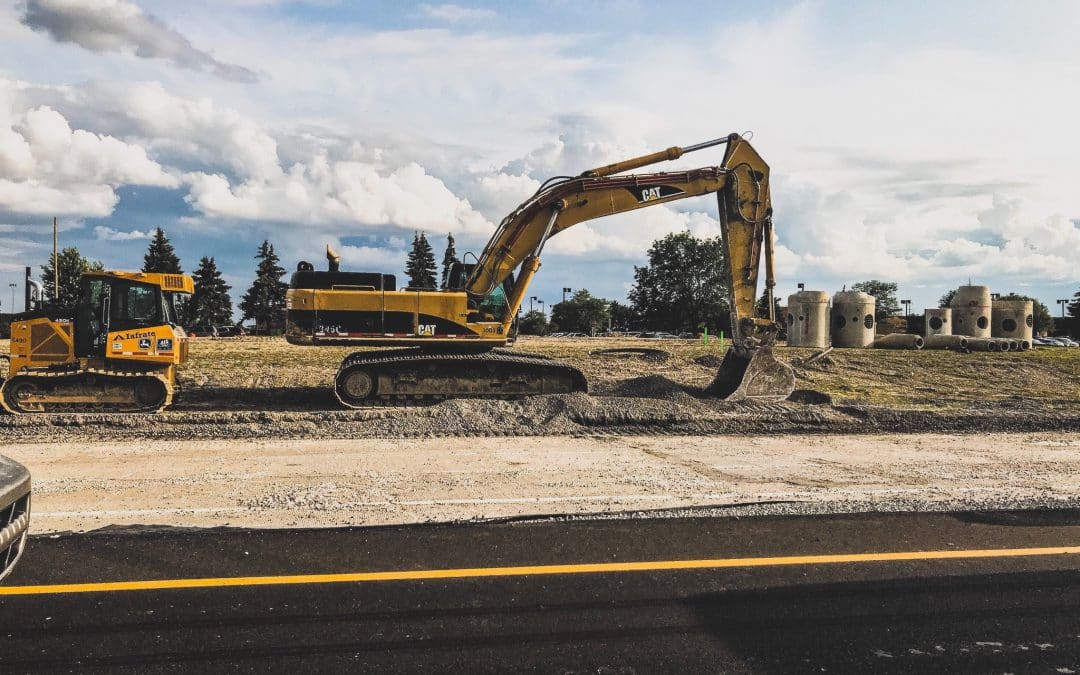The BC Ministry of the Environment (MOE) has put forth new guidance and directives regarding the evaluation of sub-surface workers, also known as trench workers/utility workers.
One of the changes is that it is no longer a requirement to address acute or subchronic exposure for trench workers in Human Health Risk Assessments (HHRA). For these workers, addressing their safety in regards to exposure to contaminated soil, groundwater or soil vapour now falls squarely in the purview of WorkSafe BC. Inclusion of a statement in legal instruments noting that the risk assessments and associated legal instruments do not address the obligations of employers regarding worker health and safety will also indicate that the requirement of site-specific work procedures may be present, and questions should be directed to WorkSafe BC. These changes to risk assessment guidance should result in more streamlined and succinct reporting.
A new Technical Guidance 7 document (TG7) was issued on October 4, 2015. This guidance document provides risk assessors and Approved Professionals with guidance related to the performance of human health and ecological risk assessments for contaminated sites in BC. In addition to the changes to the requirement to evaluate subsurface workers (i.e., no longer required, as described above), two other important aspects of the guidance were updated. The first is for Human Health Risk Assessment; if there is an exceedance of a constituent in one media then it is a requirement to evaluate this constituent in all media. What this means is that if there is an exceedance of a constituent in groundwater, then this constituent has to be evaluated in soil and if applicable, soil vapour, and vice versa. Additionally, this requirement of evaluating an exceedance across all media also applies to ecological receptors. These changes will result in a more comprehensive evaluation of risks present to all receptors at contaminated sites.
For more information on how Keystone Environmental can assist you with this or other Environmental issues please contact Raminder Grewal at 604-430-0671, rgrewal@keystoneenvironmental.ca

